The evolution of free ride
Transport equity is a key focus for Healthy Families Hutt Valley. Increasing access and the use of low carbon, low cost transport options, like bikes, is great for our whānau and our environment. It is fun, active and creates connections to communities and neighbourhoods which contributes to our physical and mental wellbeing. It also reduces the burden on household budgets and the impact on our environment that other modes of transport can have.
Local community champion, Lily Chalmers supported by Healthy Families Hutt Valley and Greater Wellington Regional Council developed a programme to meet the growing demand for access to bikes for the whole whānau. The result is Free Ride, a project trialling free access to bikes and wrap around support in Naenae. Free Ride builds on an existing initiative called Bike Box that runs in association with the Naenae Clubhouse.
Free Ride has been running since January 2021. Originally, the model was set up as a community bike share initiative. Ten Free Ride branded bikes were placed in two bike racks in Naenae for community to use for free and return for others to use. Community feedback was positive about being able to use the bikes and for many community members it was the first time they had ridden a bike since they were a child.
However, some of the bikes were not being returned to the racks for others to use. It was taking a lot of time to track and collect the bikes, rebrand and fix them up to get them back in use.
About six months into Free Ride, the model evolved into a subscription scheme where people could sign up to Free Ride and be matched with a suitable bike. They would then be part of the Free Ride community database and would receive information about community bike fix-ups.
With support from Greater Wellington Regional Council, helmets were given out to anyone who didn’t have one. Some members of the community were keen to learn how to fix-up their own bike so a free one-day bike fix-up workshop was held. Bike rodeos (fun bike events for kids) and Friday afternoon group rides were held to activate the project and generate involvement from rangatahi.
When joining the Free Ride community, members were asked about the difference a bike would make to their lives. The feedback gives great insight into the potential benefits that easier access to bikes and cycling could make across our wider community.
“So I could get to course and back without asking for rides and to get to appointments and seminars, also could get fresh air to clear my mind by riding around the park.”
“My family is a single income family. It would save on transport cost. So I can put it on other household bills.”
“I am a fulltime working mum of four and I still find it hard to find extra cash in my budget to get my two little ones a bike to ride to school. A free bike for my 5 and 8yr old would be awesome.”
“Because I can’t afford one and it could improve my life by keeping me active and I’d be able to bike with my young ones.”
Through the evolution of Free Ride, Healthy Families Hutt Valley has learnt a lot about how to put a cycling project in to action. We have learnt the importance of being adaptable and changing a model when it wasn’t working for the community. We have seen how cycling is a social activity and having access for all members of the whānau was important. This means having a range of recycled bikes to fit all ages and sizes. We now know that bikes on their own aren’t the entire solution.
Learnings from the project also highlighted a need for support to keep bikes maintained, find safe routes to cycle and learn road safety skills. Safety gear such as helmets, locks and lights were also needed. Creating a cycling culture in the community will have the longest lasting impact.
Healthy Families Hutt Valley Healthy City Design Lead, Peri Zee reflects on this kaupapa, “We can encourage more investment in cycling infrastructure but without a working bike our community can’t take advantage of a fun, healthy and low-cost way to get around. Initiatives like Free Ride change that and provide equitable access to transport options.”
Contracting a bike mechanic as part of the model gave certainty on the distribution of bikes and confidence in the safety of bikes being supplied. Having the existing infrastructure of the Bike Box which has space for storing and fixing bikes, contributed to the success of Free Ride, especially when first starting out.
Having a committed local community champion driving the kaupapa is critical to reach, engagement and overall success.
The learnings from Free Ride have informed a separate pilot project in partnership with Kōkiri Marae Health and Social Services, Big Street Bikers and Healthy Families Hutt Valley. The ‘Two-Wheeled Public Transport’ initiative is in the early stages and is looking at testing the bike subscription model with e-bikes. Watch this space for the next evolution in transport equity.
Imagine if Te Awa Kairangi became the cycling capital of Aotearoa.

